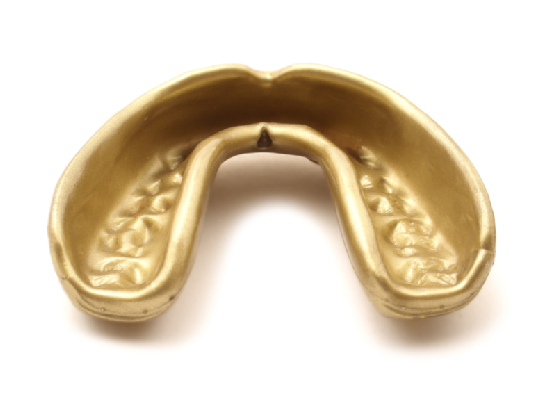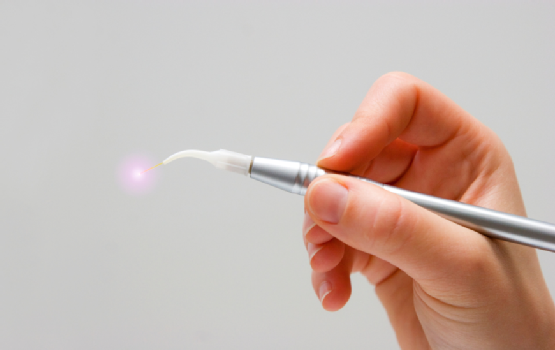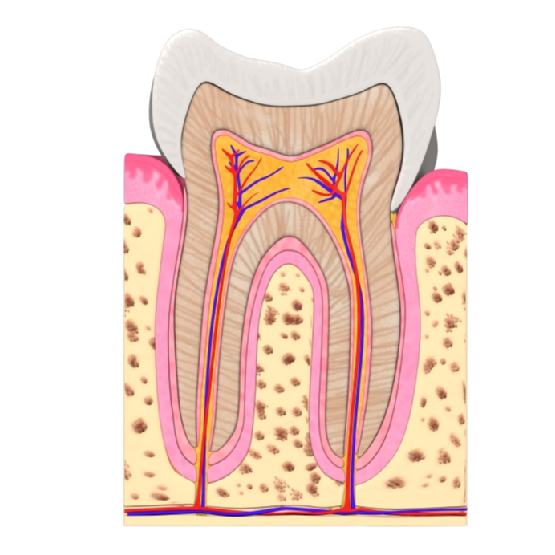A mouth guard is an oral device made from a durable plastic material that is designed to cover the upper teeth, providing protection in the event of a direct blow to the face during sporting activities. Your dentist may recommend that you wear a mouth guard if you play contact sports. Different types of mouth guards are available, including custom-made devices, stock mouth guards, and boil-and-bite devices. Continue reading to learn tips on how to care for your mouth guard.

Clean It Regularly
Your mouth contains bacteria that can lead to problems if not removed daily through brushing and flossing. These bacteria may also build up along the inside of your mouth guard, increasing the need for routine cleaning and disinfection. You can keep your mouth guard clean by scrubbing it with a non-abrasive brush and regular toothpaste before and after each use. You may also want to rinse your mouth guard in cool soapy water to remove debris.
Store It in a Ventilated Container
It is important to store your mouth guard in a well-ventilated plastic container when it is not in use. This will both prevent the growth of mold or mildew and keep your mouth guard safe from damage.
Keep It Out of Direct Sunlight
Direct sunlight and hot temperatures may warp your mouth guard and change the way it fits in your mouth. For this reason, you should keep your mouth guard container out of direct sunlight at all times.
Assess It for Damage
It is a good idea to check your mouth guard periodically for signs of damage, such as tears and holes. If you do find a problem, contact your dentist as soon as possible to find out if you need a new mouth guard.
To get more information on sports mouth guards or to learn about bruxism mouth guards, call University Associates in Dentistry at (312) 704-5511. We provide custom mouth guards and also offer All-on-4 dental implants, cosmetic dentistry, and permanent denture replacement. You can visit our website to find out more about the dentistry services we offer in Chicago.




